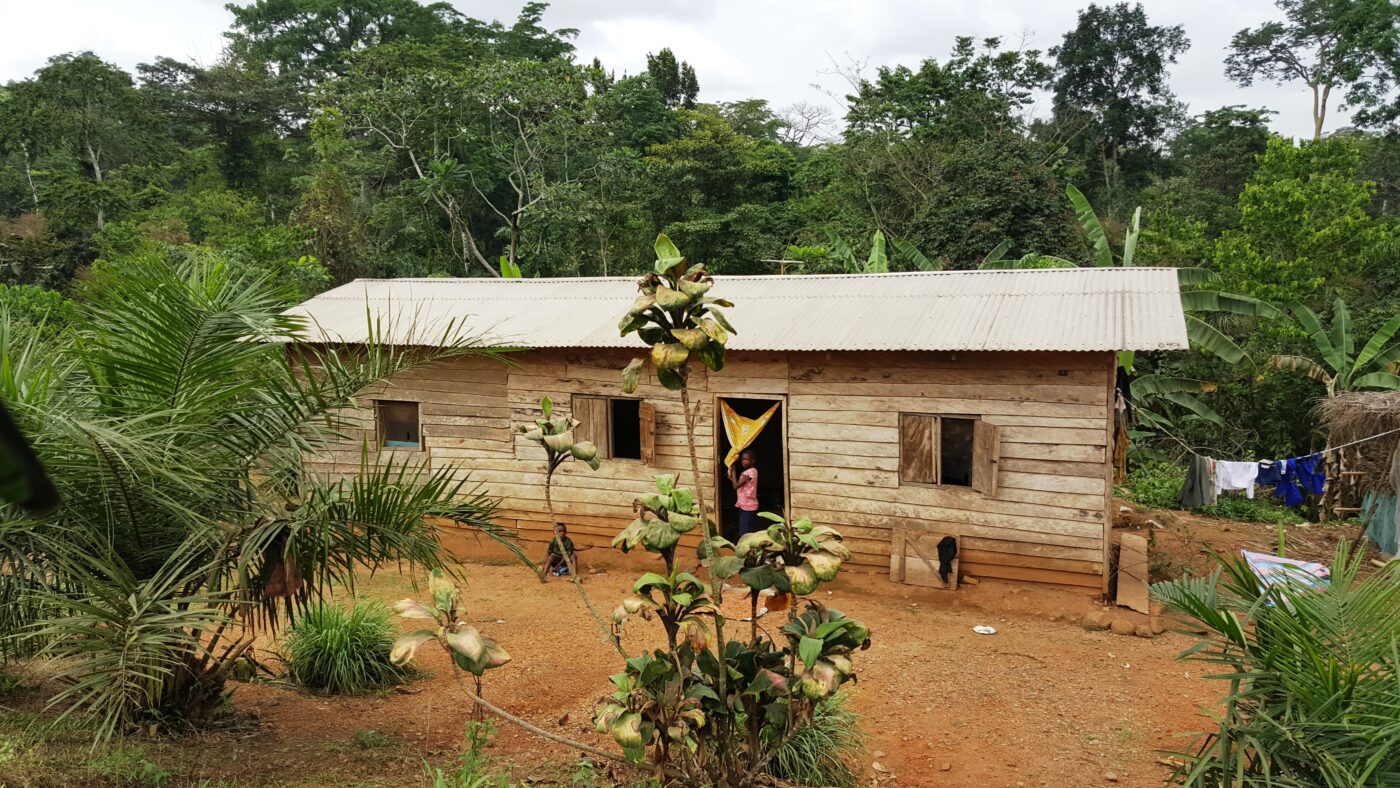Clean Affordable Energy
Traditional Energy Sources Use In Rural Cameroon
Traditional Energy Sources Use In Rural Cameroon
In rural Cameroon, traditional energy sources are widely used due to limited access to modern energy infrastructure. The most common traditional energy sources include:
Firewood: Firewood is the primary source of energy for cooking and heating in rural Cameroon. It is readily available and affordable, but its over-reliance leads to deforestation and environmental degradation.
Charcoal: Charcoal is another commonly used traditional energy source, made from firewood through a process of slow burning in a simple kiln or pit. It is a more convenient and transportable form of firewood, but its production and use also contribute to deforestation.
Kerosene: Kerosene is used for lighting in many rural households, especially where electricity is unreliable or non-existent. While it provides an alternative to dangerous and unhealthy practices like using candles or open flames, kerosene lamps are expensive to run and can pose health and safety risks.
Diesel Generators: Diesel generators are used to produce electricity in areas without access to the national grid. They are often used by businesses, institutions, and wealthier households. However, they are expensive to run, noisy, and emit harmful pollutants, contributing to greenhouse gas emissions and health issues.
The burden of traditional energy sources in rural Cameroon includes:
- 1. Health Impacts: The use of traditional energy sources like firewood and kerosene has significant health impacts, including respiratory diseases caused by smoke inhalation. According to the World Health Organization, exposure to household air pollution from cooking with solid fuels like firewood causes an estimated 12,500 premature deaths in Cameroon each year.
- 2. Environmental Impacts: The collection and use of firewood contributes to deforestation and soil erosion, which has negative impacts on biodiversity and climate change. Diesel generators also contribute to greenhouse gas emissions, which contribute to climate change.
- 3. Economic Burden: Traditional energy sources like firewood and kerosene can be expensive for many people in rural Cameroon, particularly those who live in poverty. The cost of these energy sources can take up a significant portion of a household’s income, leaving less money for other basic needs like food and education.
Traditional Energy Sources Use In Rural Cameroon: These traditional energy sources have significant drawbacks, including negative impacts on health, the environment, and socio-economic development.
It is therefore very important and urgent to promote cleaner and more sustainable energy alternatives in rural Cameroon. This includes the adoption of improved cookstoves, the expansion of off-grid renewable energy solutions like solar and wind power, and the electrification of rural areas through government-led programs and private sector investments.


